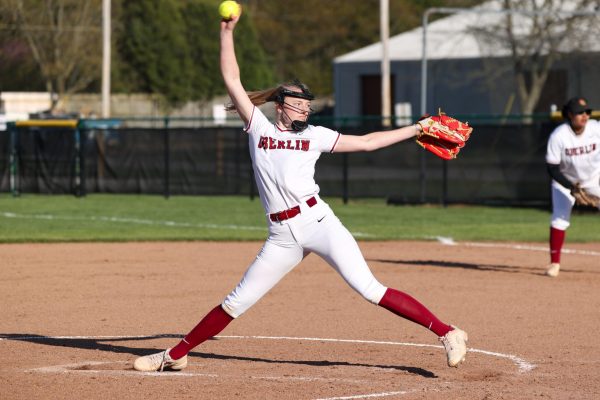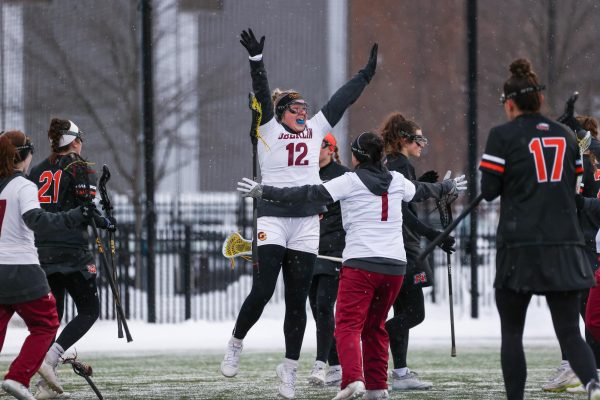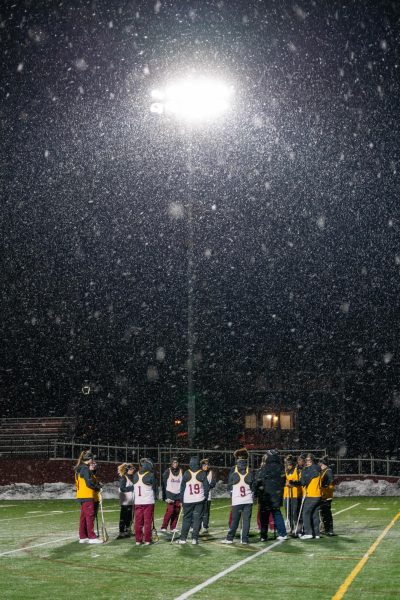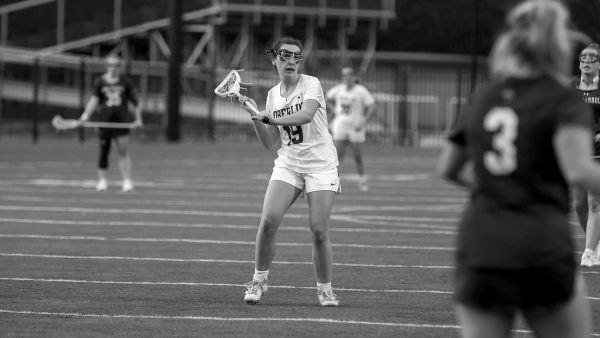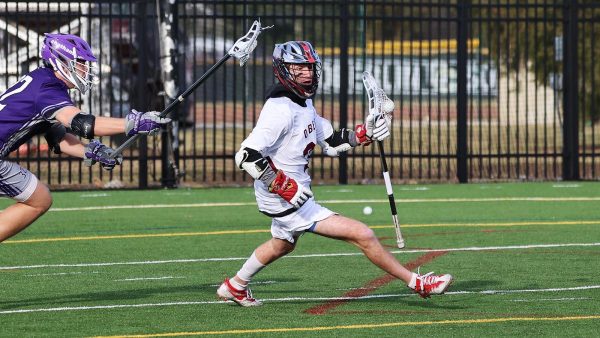Student-Athletes Train from Home During Remote January Term
With the spike in COVID-19 cases and remote options available for the duration of fall semester post-break, many student athletes have opted not to come back in January. Athletes who are finishing the semester remotely have to contend with the separation from their teams for the month, and take on additional responsibility to stay on top of their training at home.
Fourth-year baseball player Nick Dawkins acknowledges the difficulty that comes with training for his upcoming season. While Dawkins has access to his local baseball training facility and a one-month gym membership near his home in Minnesota, he says being at a distance from campus is a huge physical and psychological barrier for him.
“One logistical issue for me is that I won’t have the luxury of a five minute walk to both a weight room and a field house like I do on campus,” he wrote in an email to the Review. “It’s a lot easier to find time to work out and practice on campus. The other side of things is the lack of teammates. We love to push each other at practice and in the weight room, so the intensity and focus is now all up to me.”
Dawkins feels confident in his and his teammates’ ability to get in shape for the coming season despite the distance, but points out that the separation between teammates also serves as a substantial detriment to the bonding dynamic of the team itself.
“Not every teammate is going to be taking the same classes, making the same friends or getting into the same things on campus — the only guarantee we have of building a culture team-wide is through baseball activity,” he wrote.
This year, spring sports are experiencing their first full season since 2019. The uncertainty of this upcoming season raises concerns about the team dynamics going forward and the further success of the athletes. Regardless of this, Dawkins is excited for the season to come, which will begin in Berea, Kentucky on March 4.
“The guys who have played a season or two are dying to get back out there, and those who have yet to play are hungrier than ever to compete this spring,” he wrote. “That can be said about the entire team no matter where we’ll be for January.”
Unlike Dawkins, first-year women’s lacrosse player Katie McMorris believes the physical barrier of being home has no impact on her ability to focus on lacrosse. Despite not having the physical presence of her teammates, McMorris is lucky enough to have a sister who also plays collegiate lacrosse, which helps them both keep up their lacrosse training for the coming season.
“My twin sister plays at Catholic University, so I’ve been fortunate to have someone to practice with everyday,” she wrote. “I actually think being home makes staying in shape easier because there are fewer distractions. It is nice to have a break where I can just focus on remote school and lacrosse.”
According to McMorris, social media has been vital to the team’s dynamic as they prepare for the upcoming season, which is scheduled to start with a Feb. 15 game against Ave Maria University.
“Social media has played an instrumental role in keeping us all in touch; I love receiving the daily texts, videos, and photos of everyone on campus,” she wrote. “Despite being 9 hours away, I still feel like I’m right there with them. I miss everyone, and I don’t think our separation will cause any long-term issues within our team culture.”
The field hockey team on the other hand has had to overcome the challenge of all underclassmen never having competed at the collegiate level until this past fall. Third-year field hockey player Vanessa Baker acknowledges a notable division in her team, especially going into preseason with the fresh faces of the underclassmen in contrast to upperclassmen who have previously established some sense of team dynamic.
“Since third-years and fourth-years had been here over the summer and played together in 2019, I think it was harder for the overall team to mesh as we all hadn’t played together or even been on campus simultaneously,” she wrote in an email to the Review.
Although the physical and mental limitations of going remote for the month of January poses conflicts to staying in shape and maintaining team culture, Oberlin student athletes have managed to figure out ways to keep motivated despite the physical distance. With spring sports’ start dates just around the corner, athletes are ecstatic to return to having a full season and are willing to put in the work to develop and maintain positive team cultures.



